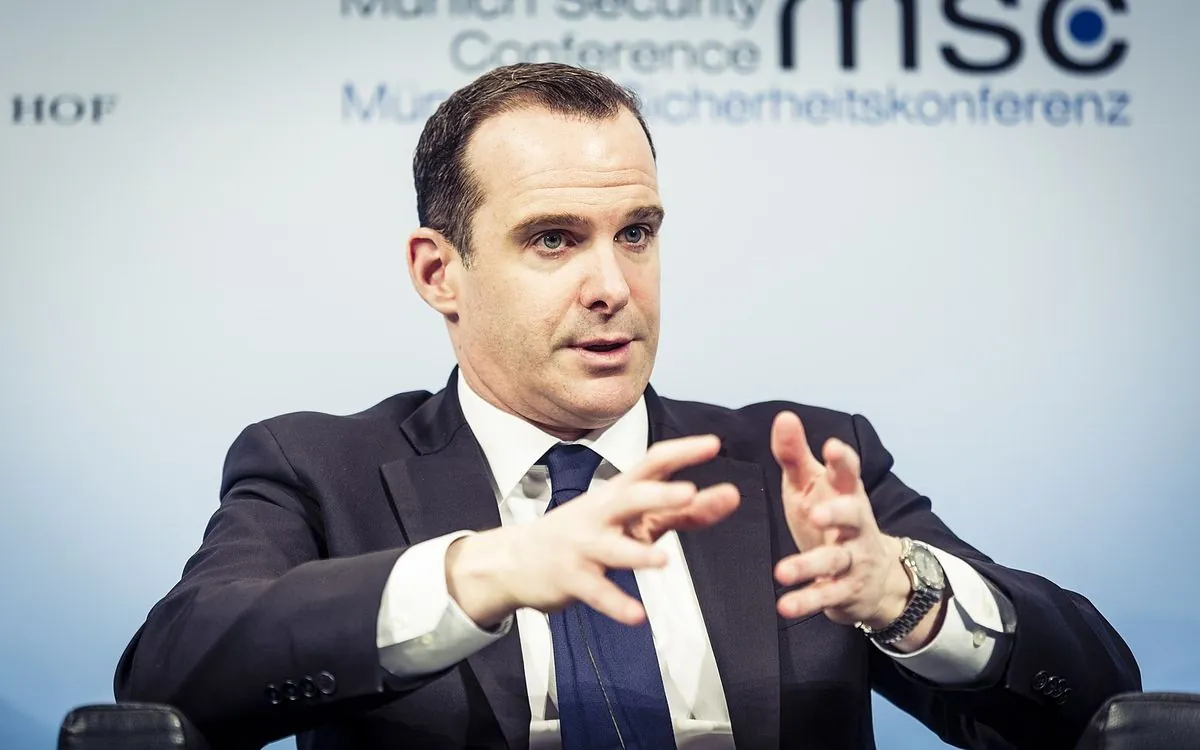Brett McGurk, the top Middle East adviser to President Biden, has engaged in discussions with senior Qatari leaders in Doha. The talks focused on efforts to broker a cease-fire between Israel and Hamas, as well as Qatar's recent diplomatic engagement with Iran.
McGurk met with Sheikh Mohammed bin Abdulrahman Al Thani, Qatar's Prime Minister, and Mohammed bin Abdulrahman Al Thani, the Foreign Affairs Minister. These meetings followed the Prime Minister's visit to Tehran on August 26, 2024, where he met with Iran's President Masoud Pezeshkian.
The diplomatic efforts come as cease-fire negotiations between Israel and Hamas shift from Cairo to Doha. High-level talks concluded on August 25 without a final agreement, but lower-level discussions continued. An Israeli delegation is expected to arrive in Doha on August 28 to resume negotiations.
Qatar has played a crucial role as a mediator in various regional conflicts, including the ongoing Israel-Hamas dispute. The country hosts the largest US military base in the Middle East, Al Udeid Air Base, highlighting its strategic importance in the region.
Tensions have been escalating between Israel and Iran, as well as with Tehran-backed militant groups such as Hamas, Hezbollah, and the Houthis. Iran has vowed retaliation against Israel for the assassination of Hamas political leader Ismail Haniyeh in July 2024.
In a significant development, Iran's Supreme Leader Ayatollah Ali Khamenei expressed openness to renewing negotiations with the United States regarding Iran's nuclear program. Khamenei, who has been in power since 1989, stated there was "no harm" in engaging with the "enemy."
"There is no harm in engaging with our enemy."
This statement comes at a crucial time, as Iran has been advancing its nuclear program rapidly since the collapse of the 2015 nuclear deal. The Joint Comprehensive Plan of Action (JCPOA), signed in 2015, was abandoned by the United States in 2018 under former President Donald Trump's administration.
Since then, Iran has enriched uranium to up to 60% purity, approaching weapons-grade levels of 90%. The International Atomic Energy Agency (IAEA) continues to monitor Iran's nuclear activities, but concerns remain about the program's potential military dimensions.
The Biden administration had initially sought to revive the nuclear agreement but has since put these efforts on hold following the October 7, 2023, attack on Israel by Hamas. The US has maintained various sanctions on Iran over its nuclear program and other issues.
The recent election of Masoud Pezeshkian as Iran's president in July 2024, following the tragic death of his predecessor in a helicopter crash, has introduced a new dynamic to the region's politics. Pezeshkian, who ran as a reformist candidate, is closely aligned with former Foreign Minister Mohammad Javad Zarif, a key architect of the 2015 nuclear deal.
As diplomatic efforts continue, the international community watches closely to see if these developments will lead to a breakthrough in the Israel-Hamas conflict and potentially pave the way for renewed nuclear negotiations with Iran.
